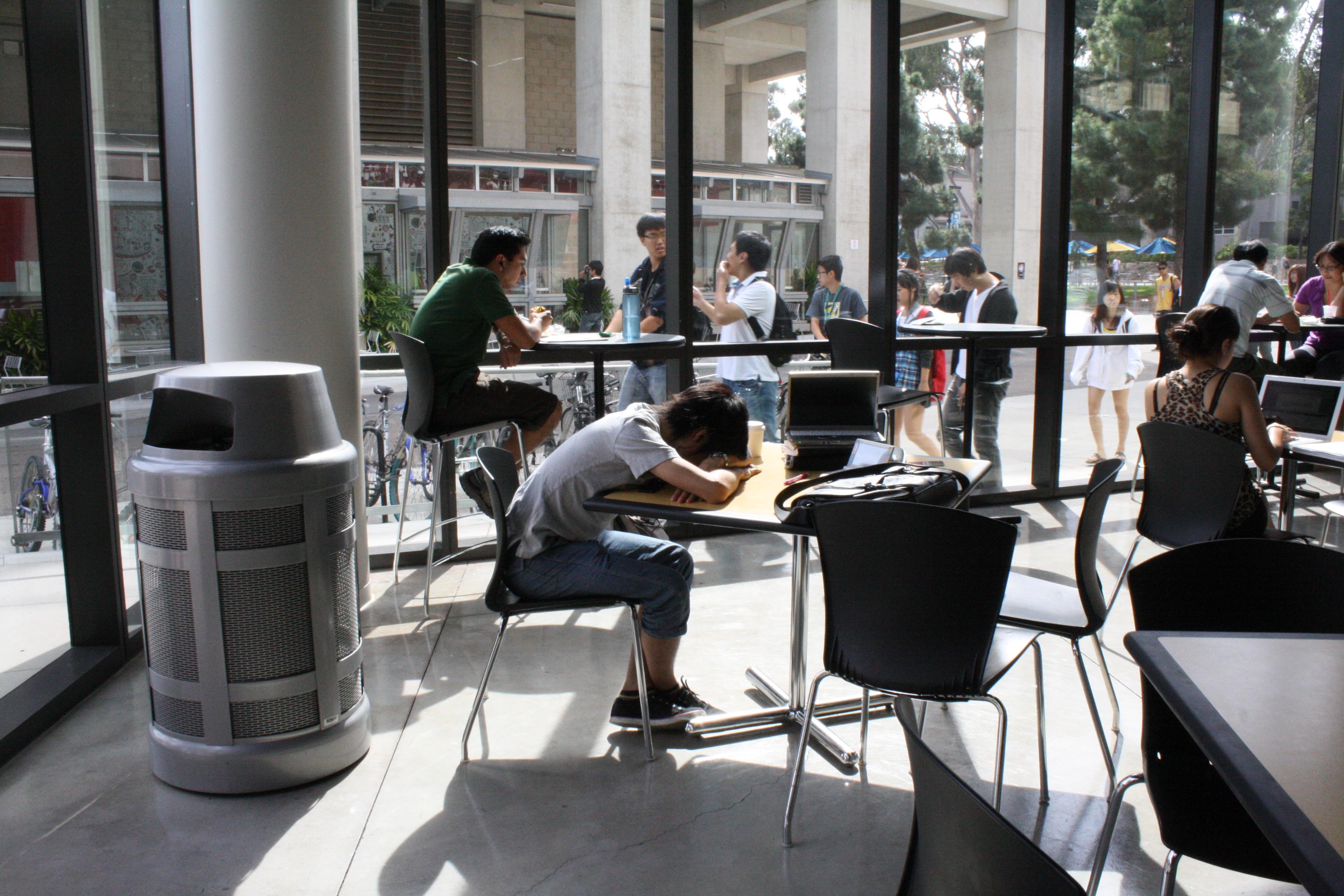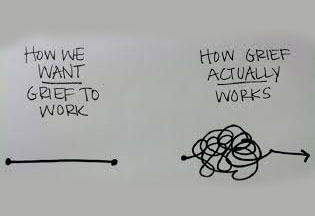Where’s the manual for parenting adult children?
Summer is often a time that some kids and teenagers find relief from stress. Young people who find school challenging – either because of social stuff or academic work – often describe summer being a relief. Less is expected of them. They can give themselves permission to expect less of themselves.
But summer for the parents of recent grads and young adults is sometimes a different story. After all, the role of a parent of an adult child isn’t well defined. What does it look like to parent a 20-year-old during a summer spent at home? Once a young adult hits the magic age of 18 and is legally in charge of their own health and well-being, how should a parent proceed?
 Lots of people are trying to navigate this terrain in a way that respects the autonomy of their adult child while staying connected. Here are a few tips to help you figure out how to proceed:
Lots of people are trying to navigate this terrain in a way that respects the autonomy of their adult child while staying connected. Here are a few tips to help you figure out how to proceed:
- Overall, what’s your parenting philosophy? Sometimes laying out your big picture principles about parenting can help us then decide how we want to proceed.
- Try to have check-in conversations with your kid about how they envision your relationship moving forward. Give them a heads up first that you want to have this conversation and find a mutually-agreeable time and place for it – no one likes being surprised by a serious conversation! You may want to ask questions like this: How can I be most helpful to you if you sound stressed/depressed/anxious? How would you like to spend time together?
- Catch yourself before you give unsolicited advice! Ask first: “Are you open to some thoughts here?” If they say no, keep your thoughts to yourself. Most of us need to learn from experience anyway.
- It never ever hurts to let your kid know how much you unconditionally love them.
- If you’re not asking them questions about their life in attempts to be respectful of their privacy, let them know that! “It’s not that I don’t care; I’m just trying to be respectful and follow your lead.”
It can also help for parents to figure out who they are and what they want to invest in, now that parenting is taking a different shape and perhaps less time. As your child launches, it’s an opportunity (for better or worse) to consider what you want now in your life. At the very least, such exploration can make it easier to tolerate worry about an adult child. At the very most, it can help you discover what’s next for you.










 It’s been especially important to me lately that clients of all political persuasions know that politics is something they can talk about openly in sessions. Some are excited and hopeful as a result of this new presidential administration. Other clients are finding their anxiety aggravated and their depression worsening as a result of recent political actions. More than one has been in a fight with a loved one about ideology or the “right” way to act or react.
It’s been especially important to me lately that clients of all political persuasions know that politics is something they can talk about openly in sessions. Some are excited and hopeful as a result of this new presidential administration. Other clients are finding their anxiety aggravated and their depression worsening as a result of recent political actions. More than one has been in a fight with a loved one about ideology or the “right” way to act or react.